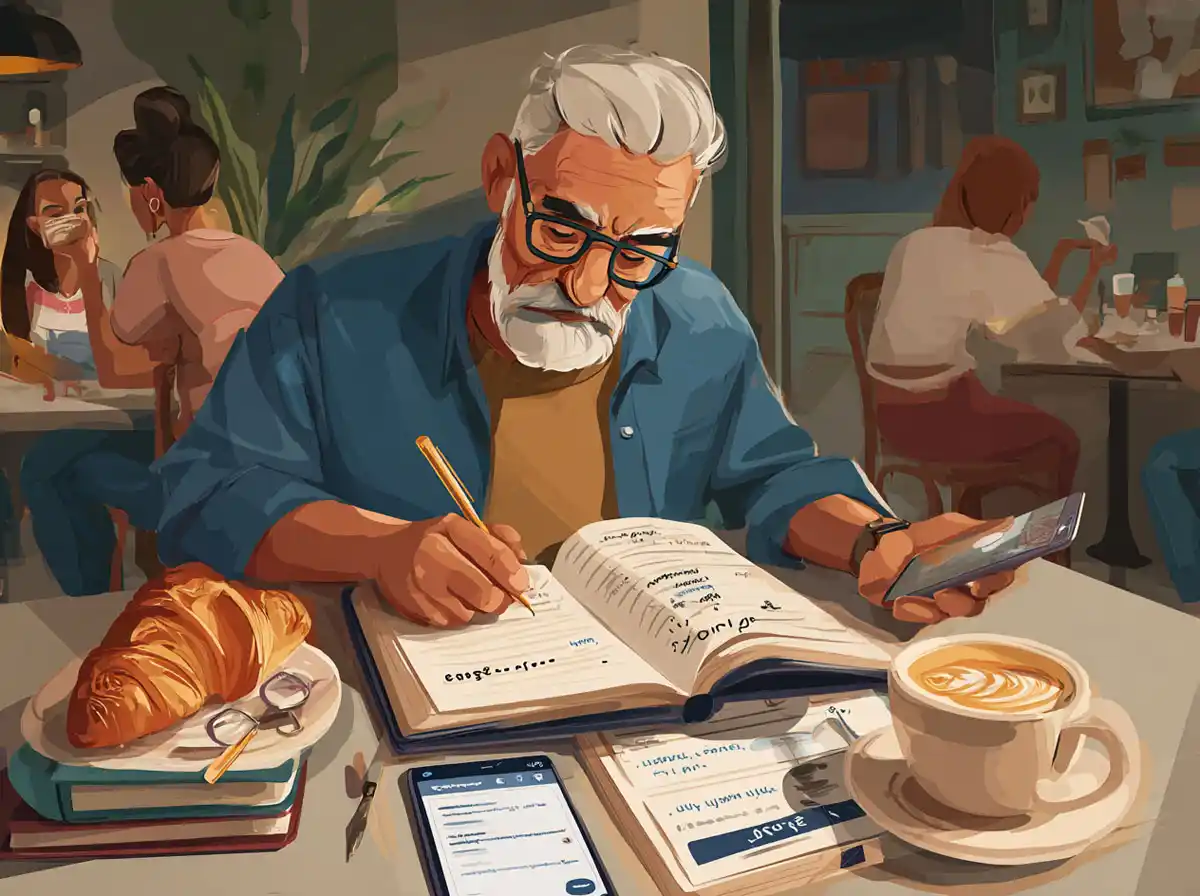Understanding the Importance of Gaming Slang in Catalan
Gaming slang serves as a linguistic shortcut that allows players to convey complex ideas and emotions swiftly during gameplay. In Catalan, the slang reflects a blend of traditional Catalan expressions, borrowings from Spanish and English, and unique adaptations born within gaming communities. This section will delve into why gaming slang is significant in Catalan and how it shapes player interactions.
The Role of Slang in Enhancing Communication
- Speed and Efficiency: During fast-paced games, players need to communicate rapidly. Slang condenses messages, making communication more efficient.
- Community Building: Using shared slang creates a sense of belonging among Catalan-speaking gamers, fostering camaraderie.
- Cultural Identity: Catalan gaming slang carries cultural references that affirm the players’ linguistic and regional identity.
Integration with Global Gaming Culture
Despite its regional roots, Catalan gaming slang is influenced heavily by global gaming culture, especially English terms. However, Catalan players often adapt these terms phonologically or morphologically to fit their language patterns, creating a hybrid slang that is both local and international.
Common Catalan Gaming Slang Terms and Their Meanings
Below is a comprehensive list of popular gaming slang terms used by Catalan-speaking gamers, along with their English equivalents and explanations:
Basic Gameplay Terms
- “Afilar” – Literally means “to sharpen,” but in gaming, it refers to improving skills or “leveling up.”
- “Kill” / “Killejar” – Borrowed from English, “killejar” means to kill an opponent in the game.
- “Respawnar” – To respawn or come back to life after being eliminated.
- “Camping” / “Campanar” – Staying in one spot to ambush opponents, often with a negative connotation.
- “Tankar” – Derived from English “tank,” it refers to absorbing damage or acting as a protector in team games.
Strategy and Teamplay Terms
- “Rushar” – To rush or attack quickly without much preparation.
- “Flanquejar” – Flanking an opponent from the side or behind to gain a tactical advantage.
- “Pushar” – To push forward aggressively, often to capture objectives.
- “Supportar” – Playing a support role, helping teammates rather than focusing on kills.
- “Tankejar” – Acting as a tank in-game, soaking up damage for the team.
Player Behavior and Emotions
- “Noob” / “Nou” – A new or inexperienced player.
- “Trollear” – To troll or intentionally annoy other players.
- “Feedar” – To “feed,” meaning to die repeatedly, giving the enemy team an advantage.
- “Flamejar” – To flame or verbally insult other players.
- “Tiltar” – Getting frustrated or angry to the point it affects gameplay negatively.
Game-Specific and Miscellaneous Terms
- “Loot” / “Lootar” – To collect items or rewards dropped in the game.
- “Cooldown” / “Refredar” – The waiting period before a skill or item can be used again.
- “Clutchar” – To perform exceptionally well under pressure, saving the game for the team.
- “GG” – Short for “Good Game,” used at the end of matches to show sportsmanship.
- “AFK” – “Away From Keyboard,” indicating a player is temporarily inactive.
The Origins and Evolution of Catalan Gaming Slang
Gaming slang in Catalan has evolved alongside the growth of the gaming industry and the internet in Catalonia. Initially, many terms were direct borrowings from English or Spanish, but over time, Catalan-speaking gamers have localized these expressions to better suit their linguistic environment.
Influence of English and Spanish
English is the lingua franca of gaming, which means many original terms come from English. Words like “kill,” “camp,” or “loot” have been adapted into Catalan phonetics and verb forms. Spanish, being another dominant language in the region, also contributes slang terms, though Catalan speakers often prefer Catalanized versions.
Community-Driven Innovation
Online forums, social media, and multiplayer games themselves have served as breeding grounds for new slang. Communities on platforms like Discord, Twitch, and local gaming events foster rapid slang evolution, where users create and popularize new terms that better describe their experiences or frustrations.
Preservation of Catalan Identity
Using Catalan slang in gaming is also a form of linguistic pride. It reinforces the use of Catalan in digital spaces, counteracting the dominance of English and Spanish and promoting the language among younger generations.
How to Learn Catalan Gaming Slang Effectively
For gamers and language learners interested in mastering Catalan gaming slang, there are several practical approaches to consider:
1. Immersive Gaming Experiences
- Join multiplayer games popular in Catalan-speaking regions.
- Participate in voice chats and forums where Catalan is spoken.
- Observe and note slang used by native speakers during gameplay.
2. Language Learning Platforms
Tools like Talkpal offer interactive ways to learn Catalan, including slang and colloquial expressions. These platforms often provide contextual learning, which is essential for understanding informal gaming language.
3. Engage with Catalan Gaming Communities
- Follow Catalan streamers and YouTubers to hear slang in use.
- Join Catalan gaming groups on social media to stay updated with new slang trends.
- Participate in online tournaments or local gaming events.
4. Study Gaming-Related Catalan Content
Read blogs, watch tutorials, and consume media content created in Catalan that focus on gaming. This will expose learners to the natural use of slang in context.
Conclusion: Embracing Catalan Gaming Slang to Enhance Language and Gaming Skills
Gaming slang in the Catalan language is a dynamic and integral part of the digital culture that bridges linguistic tradition with modern communication. By learning this slang, players not only improve their gaming experience but also deepen their understanding of Catalan culture and language evolution. Platforms like Talkpal are invaluable resources for mastering this specialized vocabulary, helping learners stay connected with the gaming community and improving fluency in a fun and engaging way. Whether you are a casual gamer, a language enthusiast, or both, embracing Catalan gaming slang opens doors to richer interactions and a more immersive gaming experience.










